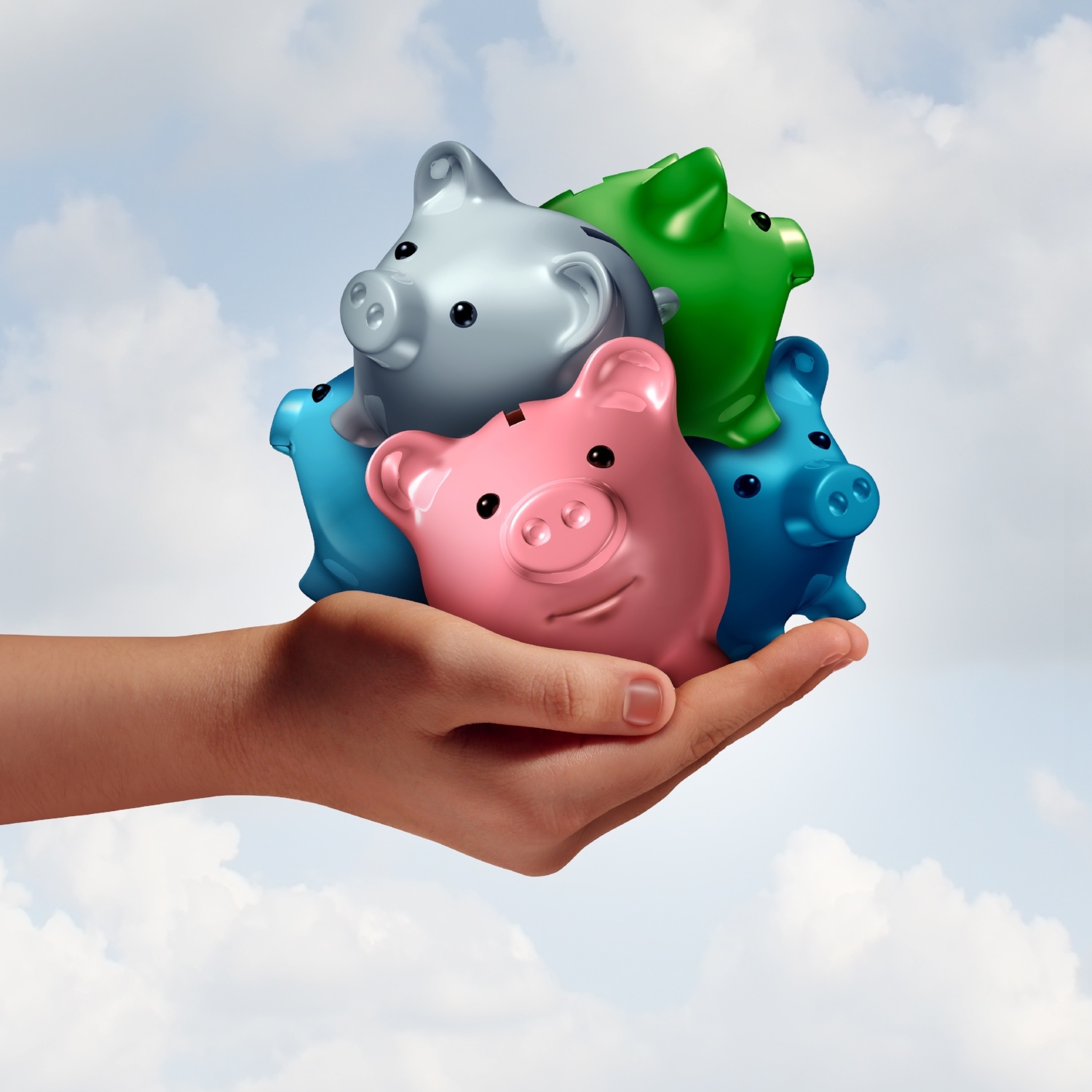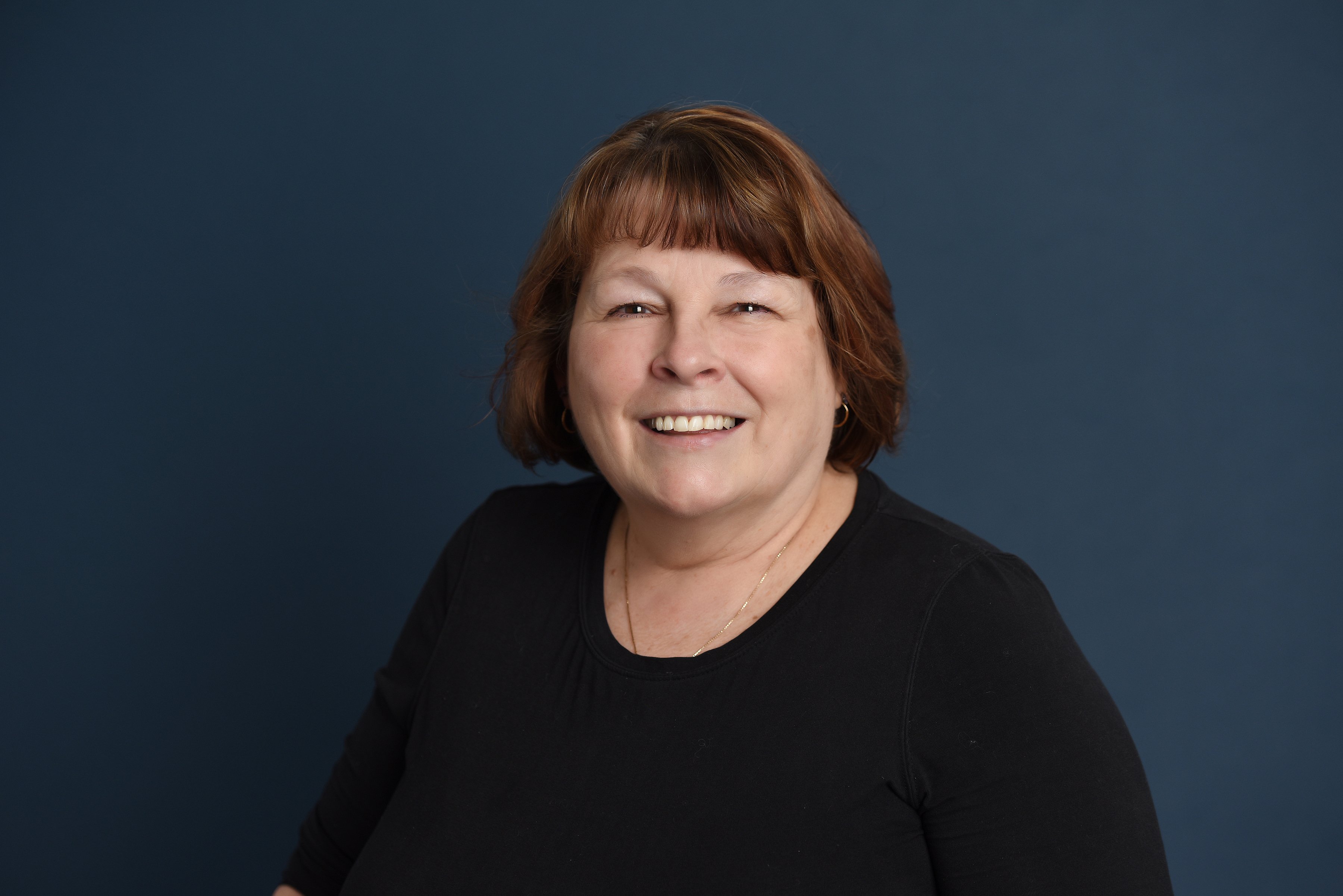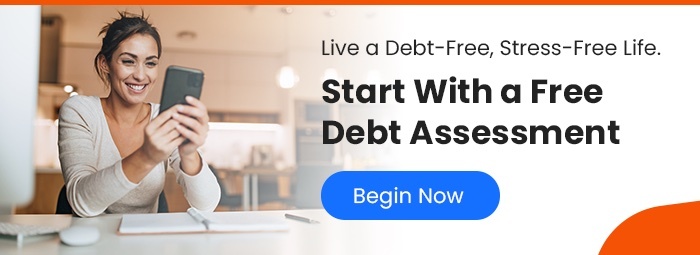
Are you at your wits' end and not exactly sure how to handle all your debt? Maybe you've considered debt consolidation; maybe you've even tried to get a consolidation loan through your bank but were turned down. If you're wondering what your options are when it comes to debt consolidation, we've got you covered! First, if you’re struggling financially, it may comfort you to know that you’re not alone. Today, the average Canadian owes nearly $23,000 in personal debt—and that's not including mortgages! Canadians’ collective household debt climbed to a whopping $1.8 trillion (including mortgages) in 2017, which is a 6% increase from just the previous year. The stress and anxiety of debt, which recent studies have linked to depression, high blood pressure, and even stroke, has many Canadians considering different solutions, including personal debt consolidation.
Personal Debt Consolidation Programs and Loans
Debt consolidation, in a nutshell, is the process of combining two or more debts into one. But not all debt consolidation is created equally: there are debt consolidation programs and debt consolidation loans, and they are very, very different.
Debt Consolidation Programs
A Debt Consolidation Program is an “arrangement” where a credit counsellor works with your creditors to help you pay off your unsecured debt over time. (Unsecured debt is any debt that isn't secured by equity, such as a car or a home. For example credit cards, payday loans, dental bills, and student loans are all forms of unsecured debt.)
Your credit counsellor will put together a proposal that outlines how much you can safely pay on a monthly basis towards your debts, based on your monthly expenses. Then they will send this proposal to each one of your creditors, and once it's accepted, you’ll enjoy:
- One affordable monthly payment, which goes towards paying all of your debts included in the program
- Reduced or completely eliminated interest on those debts
- A set completion date
- No more collection calls
A Debt Consolidation Program will require you to temporarily surrender your credit cards; however, most people entering the program have maxed out their cards, so they can't use them anyway. And, if the thought of going without plastic scares you, you can still obtain a secured credit card during the program.
In addition, your credit counsellor will work with you to set financial goals and rebuild your credit, helping you to track your spending, build a spending plan, and create an emergency fund.
Debt Consolidation Loans
A debt consolidation loan involves taking out a loan, usually through your bank, to pay off all your debts. So instead of paying back a number of different creditors for a number of different debts at various interest rates, you would only pay back the one large loan through the one lending institution at one set interest rate (and hopefully this new interest rate is much lower than the current rate you're being charged on your different debts, otherwise, what's the point?) But there’s a catch: To obtain a debt consolidation loan, you must have a solid credit score—something very few people drowning in debt usually have.
The other reason a debt consolidation loan isn't usually a good strategy for debt relief-seekers is because most people end up accumulating more debt due to having continued access to their old credit cards, but now with zero balances. So instead of just paying back the loan, they now have new debt to repay, which makes a bad debt situation much worse.
Choosing Debt Consolidation in Canada
If you have a good credit rating and score and you're interested in debt consolidation, your best bet is to go to your bank or a reputable credit union or finance company, and inquire about a debt consolidation loan and the interest rate you would be eligible for. But if your credit rating isn't stellar and you're leaning towards a Debt Consolidation Program, be sure to do your homework before signing up with any agency. There are unscrupulous companies out there just looking to take advantage of people in stressful situations.
Here's what to look out for:
- Make sure they are a non-profit credit counselling agency (NPO). NPOs aren’t out to make money and only want to help. The Government of Canada lets you check NPO status online.
- Ask about their fees. A good non-profit credit counselling agency won’t charge a fortune. There’s usually an initial set-up charge of no more than $50, and a minimal monthly management fee.
- Check for accreditation. Accredited agencies must meet industry standards set by the Association for Financial Counselling & Planning Education (AFCPE) and Credit Counselling Canada (CCC).
- Check their Better Business Bureau (BBB) rating. The BBB rates organizations based on complaints from the public, government licensing, advertising policies, and honest practices.
- Look for consumer accolades or publication features. Kudos from groups like Consumer Choice Awards and being used as a source by reputable news outlets shows a high level of trust.
Want to learn more about debt consolidation programs or simply want some free debt advice? Speak to the experts at Credit Canada! It’s completely free, confidential, there’s no obligation, and we never judge—we just want to get you back on track living debt-free! Call us at 1.800.267.2272 to book a free counselling session with one of our friendly credit counsellors.
And if you’re not quite ready to pick up the phone just yet, listen to what our clients have to say and check out our free Debt Calculator to see how long it will take you to be debt-free making fixed and minimum payments, and how much you could be saving in interest with Credit Canada's Debt Consolidation Program.

Frequently Asked Questions
Have a question? We are here to help.
What is a Debt Consolidation Program?
A Debt Consolidation Program (DCP) is an arrangement made between your creditors and a non-profit credit counselling agency. Working with a reputable, non-profit credit counselling agency means a certified Credit Counsellor will negotiate with your creditors on your behalf to drop the interest on your unsecured debts, while also rounding up all your unsecured debts into a single, lower monthly payment. In Canada’s provinces, such as Ontario, these debt payment programs lead to faster debt relief!
Can I enter a Debt Consolidation Program with bad credit?
Yes, you can sign up for a DCP even if you have bad credit. Your credit score will not impact your ability to get debt help through a DCP. Bad credit can, however, impact your ability to get a debt consolidation loan.
Do I have to give up my credit cards in a Debt Consolidation Program?
Will Debt Consolidation hurt my credit score?
Most people entering a DCP already have a low credit score. While a DCP could lower your credit score at first, in the long run, if you keep up with the program and make your monthly payments on time as agreed, your credit score will eventually improve.
Can you get out of a Debt Consolidation Program?
Anyone who signs up for a DCP must sign an agreement; however, it's completely voluntary and any time a client wants to leave the Program they can. Once a client has left the Program, they will have to deal with their creditors and collectors directly, and if their Counsellor negotiated interest relief and lower monthly payments, in most cases, these would no longer be an option for the client.







